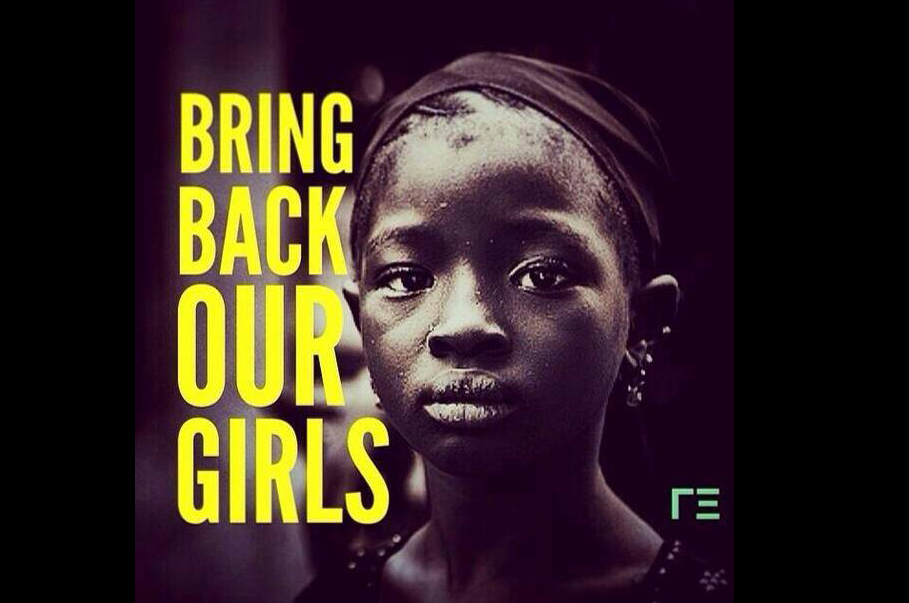
On the night of April 14, 2014, armed men of Nigeria’s puritanical Boko Haram movement drove cargo trucks across the arid scrubland of northeast Nigeria, rumbling up an unlit, dirt road in the town of Chibok. They stopped at the Government Girls’ Secondary School. Shouting in the dark, they ordered the more than 200 boarding school students, ages fifteen to eighteen, out of their dormitory rooms. The men loaded the girls, at gunpoint, onto the trucks and drove them into the desolate lands of the Nigeria-Cameroon border zone.
At first, the kidnappings received scant attention outside Nigeria, but in May, the story exploded on social media in the United States and internationally. Bronwyn Bruton, deputy director of the Atlantic Council’s Africa Center, discusses the pressures that the social media campaign is putting on Nigeria’s government — and whether it also might risk encouraging Boko Haram to attempt more such attacks.
Why has the international response to the Nigerian schoolgirl kidnappings been so huge on social media? Africa Center Deputy Director Bronwyn Bruton spoke recently on the social media campaign and its possible implications. See more video of her interview and images of the #Bring Back Our Girls campaign.
